15 High-Protein Vegetables to Add to Your Diet
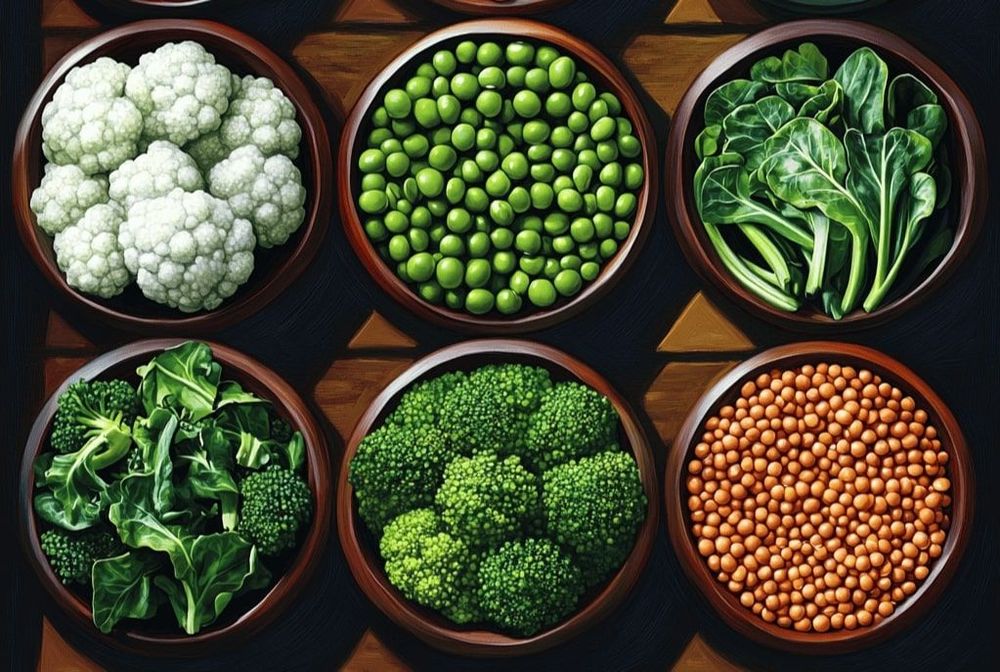
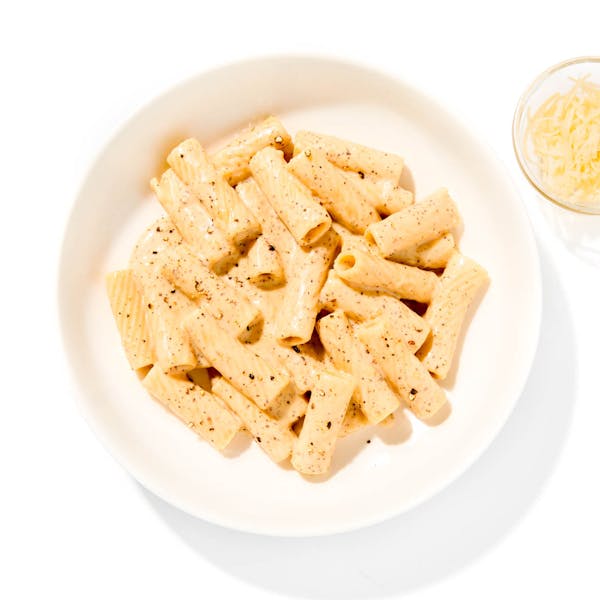
John DeLucie
.jpg?height=600&width=600&fit=crop&format=webp&cs=tinysrgb&lossless=true)
Aarthi Sampath

John DeLucie
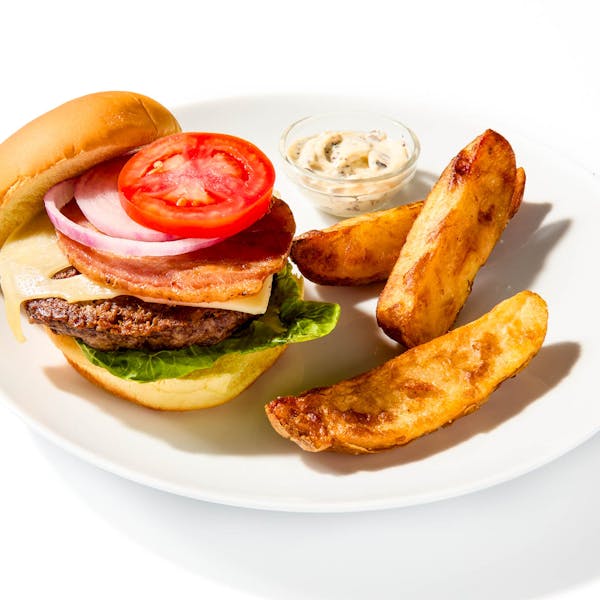
John DeLucie

Jose Garces

Livy's All Day Cafe

Chris Ratel

Einat Admony

Jose Garces

John DeLucie

John DeLucie

Livy's All Day Cafe

Jose Garces
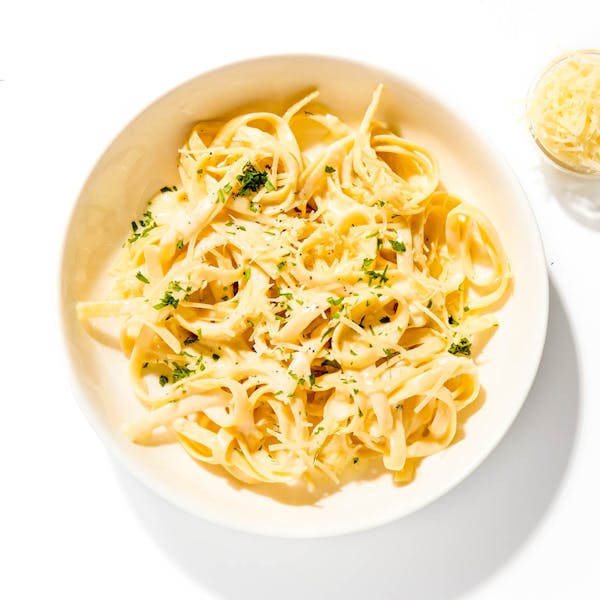
John DeLucie
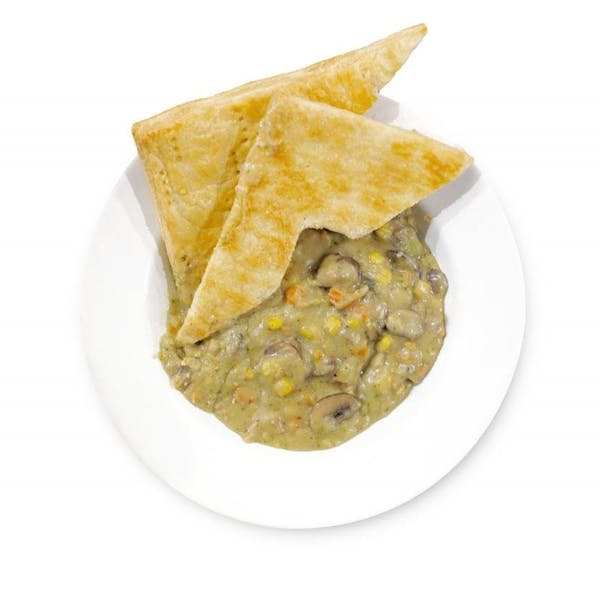
Larry and Marc Forgione
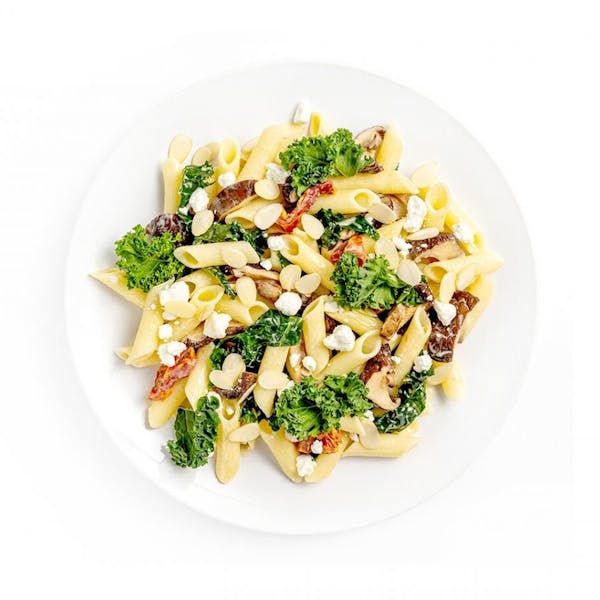
Maia Bengochea
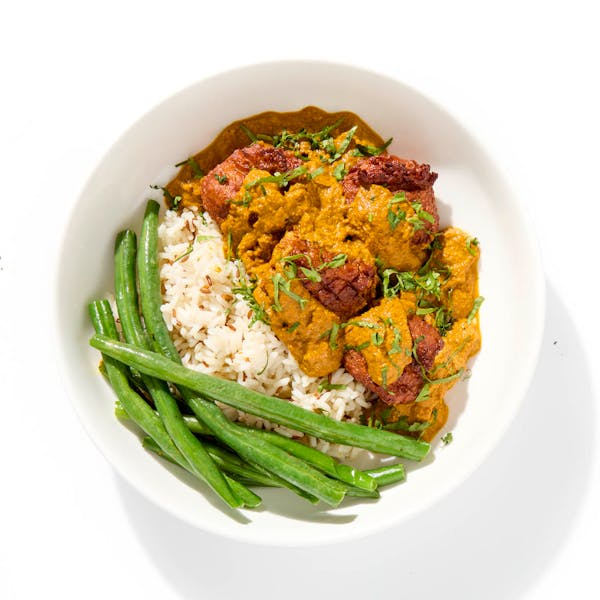
Akhtar Nawab

Meena Sreenivas
Related Articles
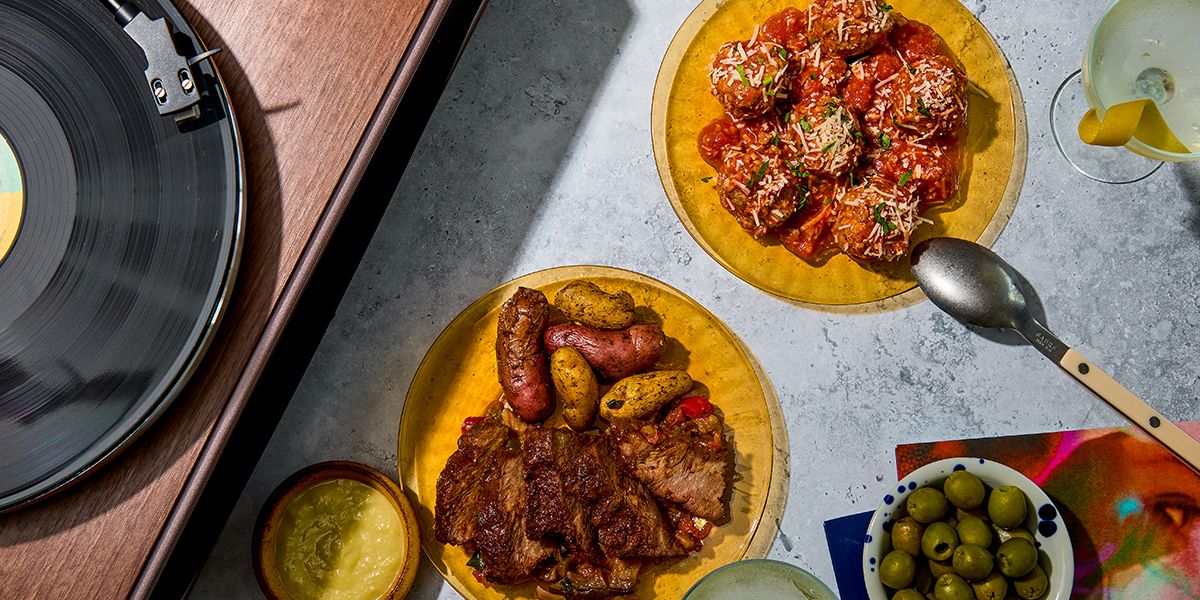
Hack your high-protein meal plan this fall
Fuel your fall with high-protein, chef-made meals. Discover calorie-specific meal plans, low-carb options, and seasonal recipes to hit your goals without sacrificing flavor.

Sam Oriach |
Recipe created on: 9/6/2025

20 low-sugar vegetables: A guide to health-conscious cooking
Low-sugar vegetables ranked with cooking tips, nutritional insights, and meal ideas for diabetes, low-carb, and healthy diet planning.

Sam Oriach |
Recipe created on: 6/22/2025
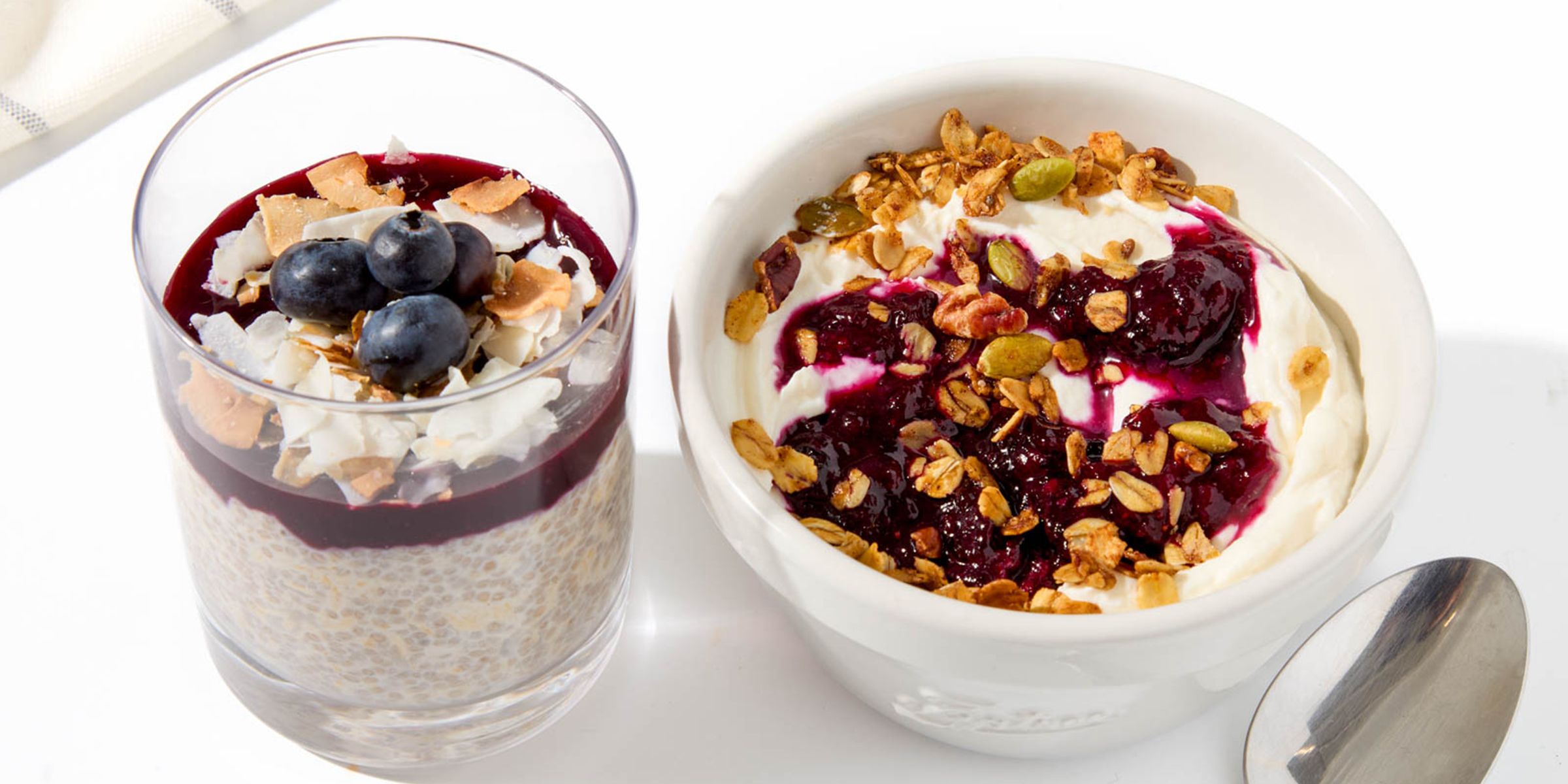
25 delicious low-sugar recipes for everyday health
Low-sugar recipes for every meal—discover 25 flavorful options from breakfast to dessert with easy ingredients, fewer added sugars, and simple directions.

Sam Oriach |
Recipe created on: 6/22/2025